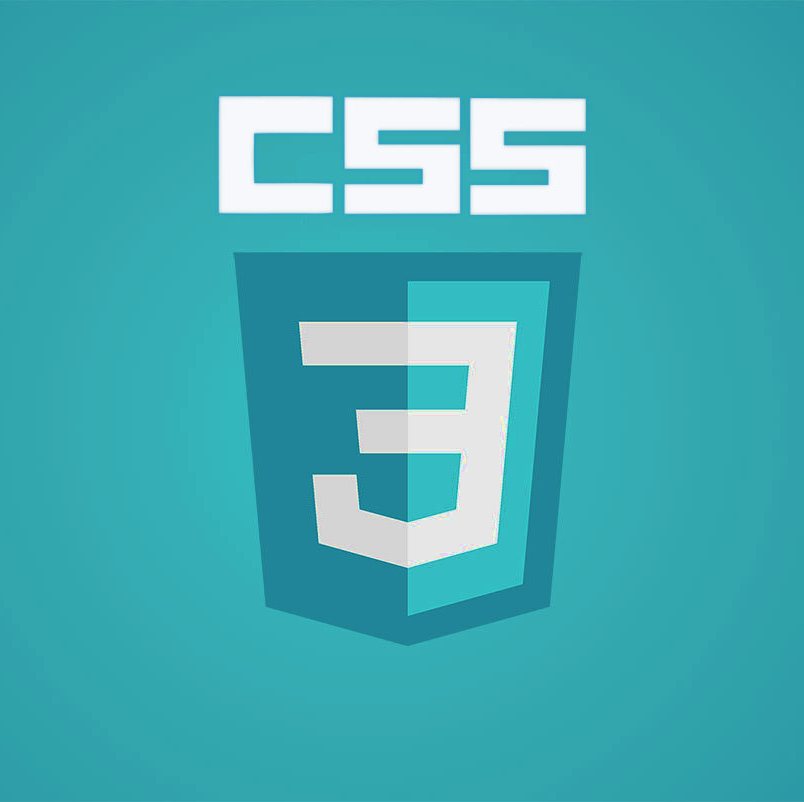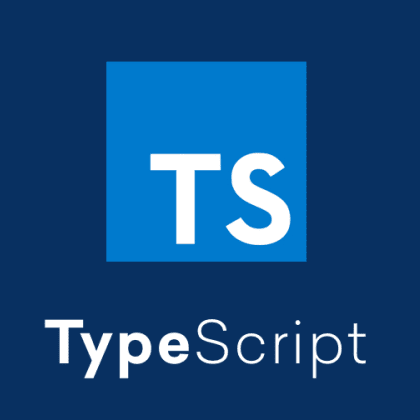₦130000

CSS 3
Cascading Style Sheet
HTML 5
HyperText Markup Language
JS
JAVASCRIPT
INVISION
INVISION
ZEPLIN
ZEPLIN
React-Native
React-Native
Git/Version Control
Git/Version Control
NPM
NPM
TypeScript
TypeScript
Mobile App Development
Overview
- Test/Exam Yes
- Duration 10 Weeks
- Skill level Begineer To Advanced
- Language English
- Certification Certificate of Training
Course Description
Mobile App developers are tasked with creating effective mobile apps, by translating concepts, designs and wireframes into high-quality products. They also ensure the best-possible performance and responsiveness of the app is achieved via rigorous testing and quality assurance. According to a recent research, the average monthly salary of a React/Angular app in the freelancing space is between $1,500 and $4,000.
Throughout the process of developing a mobile app, a programmer is hired to work from the concept and design phases to the app architecture planning, coding and testing/quality assurance stages. This requires a solid knowledge of HTML5, CSS3, JavaScript programming language, React JS or Angular JS and User Interface (UI) and User Experience (UX) expertise or front-end and back-end integration, as well as many other skill sets. That is why there is need for you to learn from seasoned instructors in the field of app development.
Educationally, becoming a professional mobile app developer is a great investment. It has an excellent job projection for many decades to come.
Option A: React JS/React Native
- React, JSX, Props, State
- React Native
- Lists, User Input
- Components, Views, User Input, Debugging
- Debugging
- Navigation
- Data
- Expo Components
- Redux
- Async Redux, Tools
- Performance
- Deploying, Testing
Option B: Angular JS/Ionic
- Angular JS, JSX, Props, State
- Ionic
- Lists, User Input
- Components, Views, User Input, Debugging
- Debugging
- Navigation
- Data
- Expo Components
- Redux
- Async Redux, Tools
- Performance
- Deploying, Testing
You will learn how to build mobile apps in an easy, fun and interactive way. The instructor starts off the course by first teaching you the building blocks of app development, namely HTML5, CSS3 and JavaScript, before diving into the core programming of apps using either React JS/React Native or Angular JS/Ionic.
This is one of the main reasons why being a professional app developer is both lucrative and necessary. Information Technology is a fast-growing segment of the Nigerian economy and various companies are always searching for new ideas to improve user experience and outsmart their competitors.
Learning multi-platform mobile app programming enables people from various educational backgrounds to build a professional profile with highly, in-demand skill sets.
- Various Businesses and Organizations are Investing in Mobile App Development
Both mobile device usage and apps' markets are continuously growing, with no sign of slowing down. And small businesses have found out the enormous advantage of being part of this consumption trend. It is projected by a recent survey that almost half of small businesses in Nigeria will be likely to own a mobile app by 2030 or later. It is noteworthy that Nigerian businesses have started to catch up with the trend!
We're all in agreement that apps help businesses, both big and small, to impprove sales by offering users a faster way to connect with the company’s products, create engagement and improve customer experience. By so doing, an app offers a direct interaction between current customers/propects and the company. It also helps companies to have more competitive edge in any specific market.
Mobile application development has one of the brightest job projections in Nigeria for the next decade with a growth rate of 18.8%. According to these critically-acclaimed employment projections, there will be about 135,300 new job positions in the country for mobile app developers by the year 2024. - Easier Implementation
With technologies, these days, like React JS and Angular JS, offering a cross-platform solution that makes it easier for developers to make changes. For instance, when a framework like React Native is being used, codes can easily be written in HTML5 and converted for different platforms. In other words, utilization of resources you already know about and translating them for different platforms is easy.
Not only does this make development of apps quicker, it also becomes easier to sync updates across all mobile devices and OS platforms. - Codes Can Be Reused
Instead of writing fresh codes for every platform, developers can reuse the same code across all platforms. This also cuts down on repetitive tasks, thus eliminating drudgery. This is not a completely new concept though. It has been used in software development for a number of years now and the benefits of reusing codes have been seen here too. - Controls Cost
Thanks to cross-platform mobile app development, companies now need to invest just once to get their app developed as opposed to earlier times when they had to spend heavily on different tools and technologies. They no longer need to spend on developing apps for every individual platform separately.
For app developers too, the same team can be used to work on diverse platforms. - Quicker Development Time
App development is much faster, when a single script is deployed. Increased development speed, on the other hand, results in the product reaching the market sooner than before. Time can be spent on thinking out and working on codes for a brand new application. A win-win situation for all concerned –developers, marketers and consumers. - Sameness and Uniformity
Using cross platform app development ensures that the overall look of the app can be maintained across all platforms since the same set of codes are being utilized. Customers find an app cumbersome and inefficient if they need to use different methodologies for accessing the same app across different mobile phones. They would rather use one that looks and feels the same on both devices.
What are the two main goals of a mobile app developer? The answer is simple: acquire as many customers as possible or aim for a targeted market and engage the customers completely.
It is not a difficult prospect when a majority of the targeted audience is using the same platform. It is then easy to choose which platform to develop the app on. But when the goal is to target a huge audience who could be using iPhone, Android, Windows Phone and others, the app would have to be made separately for the different platforms.
This is where cross platform mobile app development is advantageous. As with all things technological, it cannot be very easy to implement, but the benefits do provide a better outlook for app development in general.

